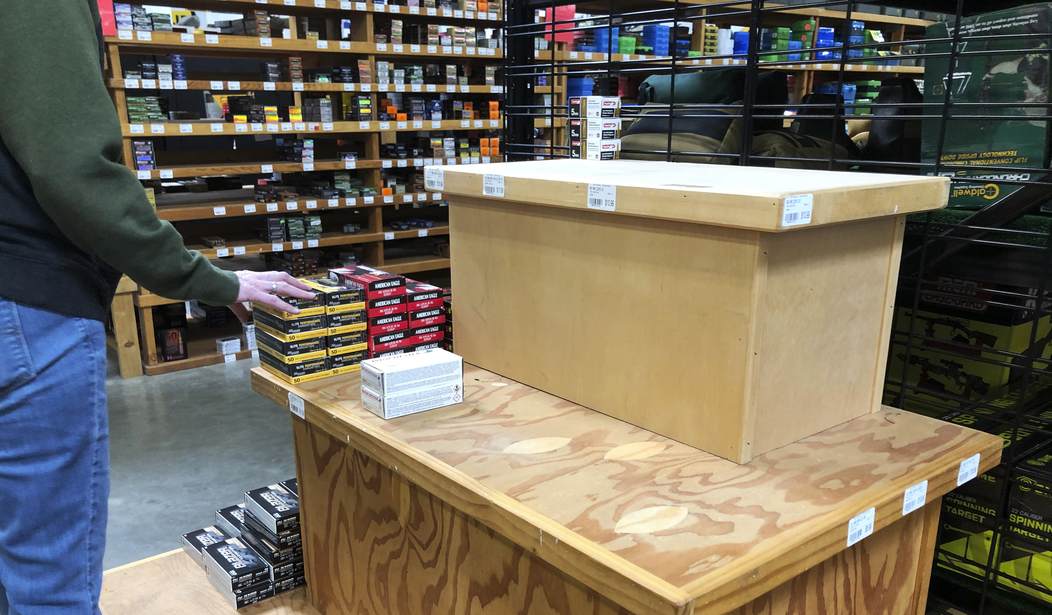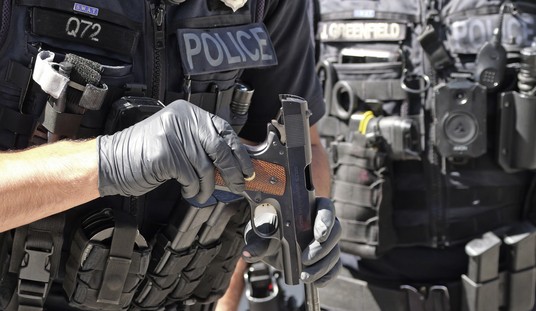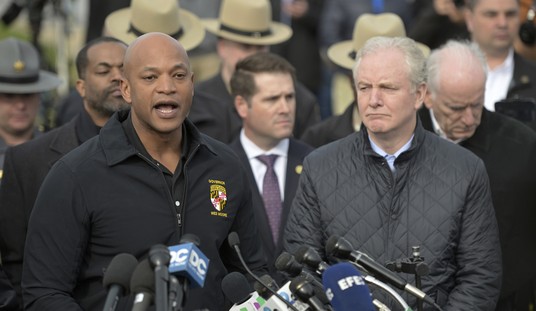The Ninth Circuit Court of Appeals gave Second Amendment advocates a huge win on Thursday by upholding a lower court decision that held California's background check requirement on sales of ammunition (and prohibiting residents from ordering ammunition online or bringing ammunition purchased out-of-state back into California) was unconstitutional.
In a 2-1 decision, the three judge panel concluded that the law is facially unconstitutional, meaning there's no circumstance where it can be lawfully applied. As such, the panel endorsed the permanent injunction first delivered by U.S. District Court Judge Roger T. Benitez in Rhode v. Bonta early last year.
Writing for the majority, Judge Sandra Segal Ikuta declared the background scheme "meaningfully constrains the right to keep operable arms."
California’s ammunition background check regime regulates all ammunition acquisitions by California residents; the regime applies not only to every transaction in California but also to ammunition purchases by California residents outside the state. It requires California residents to pay for and complete an in-person background check before each ammunition acquisition. Though not all the rules comprising California’s ammunition background check regime impose delays on their face, they do not require California to approve checks within a certain timeframe. Requirements prior to various types of background checks, such as fingerprinting, inherently cause some amount of delay. After approval, moreover, a California resident may be required to purchase ammunition during a specified period of time—e.g., 18 hours—after passing a background check. The regime applies to all types of ammunition, and California residents cannot avoid the background check requirements by taking advantage of internet or out-of-state sales. Rather, out-of-state purchases are subject to additional delays and fees. Given the fees and delays associated with California’s ammunition background check regime, and the wide range of transactions to which it applies, we conclude that, in all applications, the regime meaningfully constrains California residents’ right to keepand bear arms. Thus, it is not a “presumptively lawful regulatory measure[].”
California offered four different historical analogues in their defense of the background check law: loyalty oath requirements and loyalist disarmament provisions at the founding and during Reconstruction, 19th century concealed carry permitting requirements, surety laws imposed at the founding on persons who presented a danger to the community, and licensing and recordkeeping requirements imposed on vendors of gunpowder and firearms."
The only argument that might even remotely apply are those 19th century concealed carry permitting requirements, but Ikuta pointed out that those laws all required a one-time check to ensure "that those bearing arms in the jurisdiction are, in fact, 'law abiding, responsible citizens'.
"This 'how' is unlike the burden imposed by the challenged restrictions on California residents, who must undergo checks prior to each ammunition purchase," Ikuta opined.
Writing in dissent, Judge Jay Bybee argued that before the panel considered whether the law comports with the Second Amendment and the national tradition of gun ownership, it should have considered whether or not the law is a "presumptively lawful" regime like the shall issue concealed carry laws the Supreme Court pointed to in Bruen. Ikuta rightfully brushed off that argument, declaring Bybee's "approach gets the two step Bruen inquiry backwards."
Under Bruen, “[when] the Second Amendment’s plain text covers an individual’s conduct, the Constitution presumptively protects that conduct.” Only after making the determination that the Constitution presumptively protects the individual’s conduct do we consider whether the government can “justify its regulation by demonstrating that it is consistent with the Nation’s historical tradition of firearm regulations.” Thus, Bruen first concluded that the proposed course of conduct of “carrying handguns publicly for self-defense” was protected by the plain text of the Second Amendment. Only then did Bruen turn to the consideration of historical evidence and address, in a footnote, the lawfulness of shall-issue licensing regimes and its determination that a shall-issue licensing regime is not per se unconstitutional. Our order of analysis is therefore consistent with Bruen.
As Ikuda had already pointed out, California's background check scheme isn't really comparable to "shall issue" concealed carry licenes to begin with, which makes Bybee's contention even more untenable.
The Ninth Circuit Court of Appeals got this one right. California Attorney General Rob Bonta is almost certain to appeal this en banc, as well as request that the panel's decision be stayed while the appeal is underway, which would keep the challenged restrictions in place and enforceable. I honestly don't know if he's going to be successful with either request, but we probably won't have to wait long to find out.
Congratulations to Kim Rhode and the other named plaintiffs, as well as the California Rifle & Pistol Association, whose attorneys did an outstanding job in this case. This is a huge win for gun owners; not just in California, but in any other blue state where Democrats might be thinking about imposing similar restrictions on ammo sales.
Editor’s Note: The fight for our Second Amendment rights continues, and more victories are in store.
Help us continue to report on and expose the Democrats’ gun control policies and schemes. Join Bearing Arms VIP and use promo code FIGHT to get 60% off your VIP membership.









Join the conversation as a VIP Member